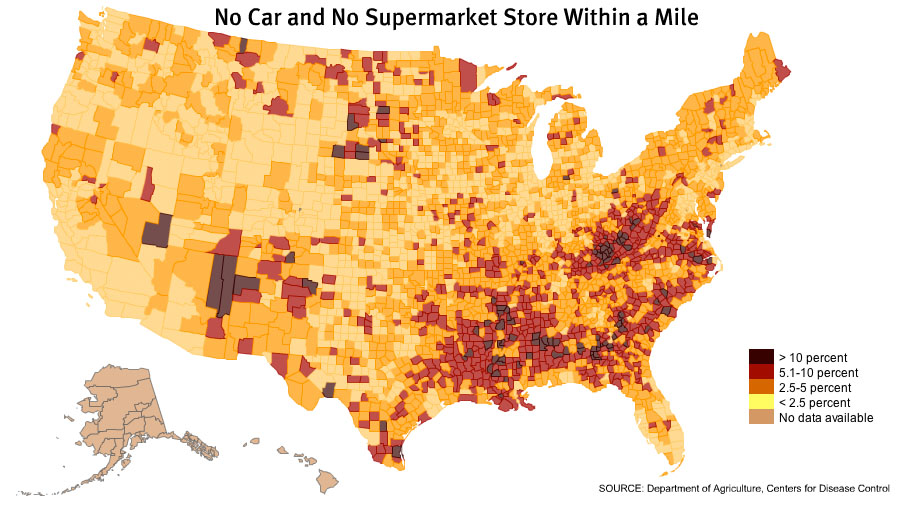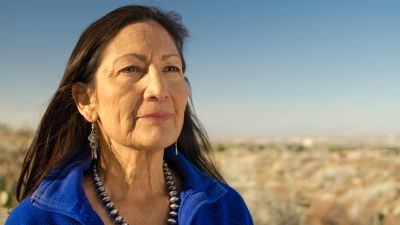For years, Tony Hillery owned and operated a limousine service in New York City. But after the recession hit, his business dwindled. In 2011 he decided to use his downtime to volunteer at a public elementary school in Harlem — a small step from which an entirely new career took root.
The idea for his nonprofit, Harlem Grown, began in the school lunchroom. Hillery quickly recognized a need for good nutrition, ambitious goals and role models. He started recycling, and the kids jumped in to help. They graduated to composting, and it was a natural next step to take over an abandoned community garden nearby. That year, 400 children at the school planted 400 seedlings. “If a child plants it he will eat it, guaranteed, write it down,” Hillery says in this poignant profile produced by Josephine Decker for the Museum of the City of New York. “And 8 out of 10 times, they will like what they eat. But then we are back to square one. Where do you get it from?”
Hillery discovered that Harlem was a food desert – defined by the USDA as a low-income area devoid of fresh fruits and vegetables and wholesome foods due to the lack of grocery stores or produce markets. On a walk through the neighborhood Hillery counted dozens of fast-food outlets and pharmacies surrounding schools but no healthy alternatives or even simple grocery stores. Michelle Obama’s Healthy Communities movement attempted to address the existence of these communities, which total more than 23 million residents.

Soon Hillery was fighting for food access, food justice and opportunities for his kids. Harlem Grown launched five years ago and now has eight gardening sites in central Harlem that give thousands of children, in 12 schools, hands-on experience growing food. The organization estimates that it distributed almost 1,700 pounds of produce last year. His enterprise attracts support from corporate powerhouses like PricewaterhouseCoopers, Aetna and Blackstone, local businesses like Juice Generation and college kids volunteering on their breaks. Hillery says he believes the volunteers from outside the community are invaluable. “We plant seeds in the ground,” says Hillery in this short film, “but more importantly we are planting seeds in the kids’ heads.”
Find out if there is a food desert in you neighborhood and what you can do about it.
See more stories in our Making Change series.



